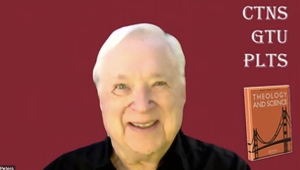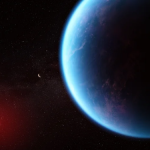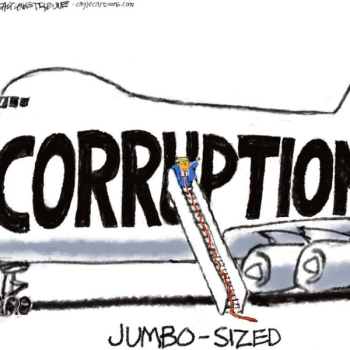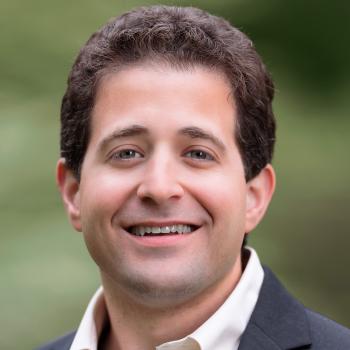“Finding Hope on a Warming Planet: A Dialogue between an Economist and a Theologian” Saturday, May 3, 2025 from 12:00 noon to 5:00pm. Register Here!
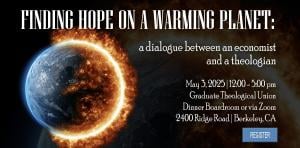
Climate Change and the Global Common Good is the topic to be discussed on Saturday, May 3, 2025. The Center for Theology and the Natural Sciences (CTNS) at the Graduate Theological Union (GTU) will host the annual Russell Family Research Fellowship in Religion and Science 2024-25. Our two fellows providing lead papers were Richard B. Norgaard, an economics professor emeritus at the University of California at Berkeley (UCB) and lead author of the 5th Intergovernmental Panel on Climate Change, plus Daniel R. Smith, Pastor of Lutheran Church of the Incarnation in Davis, California. Let me mention that I had the delightful honor of team-teaching with both of these sockdolagers courses in ecology and religion at UCB.
I contend that climate change and related ecological challenges prompt the public theologian to lift up a vision of future Earth characterized by a just, sustainable, participatory, and global society. Moral action would then consist of turning the vision into an actuality.
Prophetic Science, Economic Religion, and the Morality of Ecology
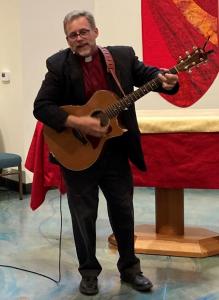
We need to thank our scientists who prophetically warned us a half century ago of the imminent apocalyptic judgment – repent and turn from your wanton and exploitative ways in order to preserve the fecundity of Earth’s biosphere! Like the Hebrews in ancient Israel, we today must admit that we earthlings did not heed the warning of the prophets. This turns the devastation of climate change into a moral issue, even a theological issue.
At CTNS scientists and theologians together confront the moral challenge embedded within the global survival challenge. “The biggest threat – or moral error – is the worship of the free market,” averred Dan Smith (Smith).
This is complicated. It takes precise discourse clarification to untangle the various factors. Richard Norgaard provides the requisite disentanglement. Please read Norgaard’s thesis carefully. Every detail matters.
“Economic beliefs became the religion of modernity, displacing beliefs about care for others, even strangers, the importance of helping the poor, and the sins of disproportionate wealth that are prominent in the Abrahamic tradition…Economic beliefs became the operating system of modern society that determines how we connect with nature, and not”(Norgaard).
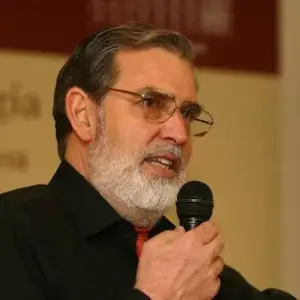
Why does the human race refuse to heed prophetic warnings? Because of the new religion of modernity: free market economics. Economic beliefs disregard moral commitment to the global common good. Without a moral commitment to the global common good, the peoples of Earth are unequipped to make the decisions and take the actions needed to restore our planet’s ecological health.
Eco-theologian Cynthia Moe-Lobeda labels what Smith calls worship of the free market and what Norgaard calls economic religion, structural evil. Structural evil, to employ an ol’ fashioned theological term, is sin. “Neoliberal globalization, by concentrating wealth into the hands of a few enormous global corporations, also has concentrated their power for structural sin” (Moe-Lobeda, 2013, 64). The antidote is compassionate love expressed as justice. “Love that seeks justice is the counterpoint of structural evil” (Moe-Lobeda, 2013, xviii).
In sum, the tacit religious beliefs of economism justifies local selfishness at the expense of the global common good. The tragedy is that failure to work for the latter means the eventual destruction of the former.
The Global Common Good: Conclusion
If you’ve been following my Patheos and Substack newsletter series, you’ve become familiar with my description of public theology. I’ve been saying that public theology is conceived in the church, critically reasoned in the academy, and offered to the wider culture for the sake of the global common good. What I envision does not yet exist, namely, a single planetary community of moral deliberation dedicated to the global common good.
How should we think of the global common good? Pope Paul VI defined the common good as “the sum of those conditions of social life which allow social groups and their individual members relatively thorough and ready access to their own fulfillment.”
What about the natural domain? To human individuals and groups, we might add nonhuman life and even our planet. We might also add our progeny, our future. This is what we find in an Evangelical Lutheran Church in America (ELCA) social statement. “Today, the meaning of ‘common good’ or ‘good of all’ must include the community of all living creatures. The meaning also should extend beyond the present to include consideration for the future of the web of life. The sphere of moral consideration is no longer limited to human beings alone.” Nothing short of a vision of the global common good should guide our moral deliberation.
Patheos PT 3017 Climate Change and the Global Common Good
Patheos PT 3001 Eco-Theology when it’s “Time to Act”
Patheos PT 3002 The Science-As-Savior Eco-Myth
Patheos PT 3003 Public Theology for the Common Good
Patheos PT 3011 Politics vs Common Good Governing Part One
Patheos PT 3012 Economism vs Common Good Part Two
Patheos PT 3013 Economism vs Common Good Part Three
Patheos PT 3014 Economism vs Common Good Part Four
Patheos PT 3015 Just, Sustainable, Participatory, and Planetary. Common Good Part Five
Patheos PT 3016 Moltmann, Muslims and Al-Mizan: Common Good Part Six
▓
Ted Peters pursues Public Theology at the intersection of science, religion, ethics, and public policy. Peters is an emeritus professor at the Graduate Theological Union, where he co-edits the journal, Theology and Science, on behalf of the Center for Theology and the Natural Sciences, in Berkeley, California, USA. His book, God in Cosmic History, traces the rise of the Axial religions 2500 years ago. He previously authored Playing God? Genetic Determinism and Human Freedom? (Routledge, 2nd ed., 2002) as well as Science, Theology, and Ethics (Ashgate 2003). He is editor of AI and IA: Utopia or Extinction? (ATF 2019). Along with Arvin Gouw and Brian Patrick Green, he co-edited the new book, Religious Transhumanism and Its Critics hot off the press (Roman and Littlefield/Lexington, 2022). He has recently published The Voice of Public Theology (ATF 2023). See his website: TedsTimelyTake.com.
[▓References
Moe-Lobeda, Cynthia. 2013. Resisting Structural Evil. Minneapolis MN: Fortress Press.
Norgaard, Richard B. 2025. Finding Hope on a Warming Planet: a dialogue between an economist and a theologian. Unpublished conference paper, CTNS.
Peters, Ted. 2023. The Voice of Public Theology. Adelaide: ATF.
Smith, Daniel R. 2025. Finding Hope on a Warming Planet: a dialogue between an economist and a theologian. Unpublished conference paper, CTNS.


